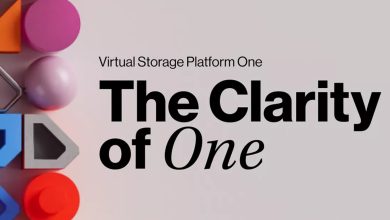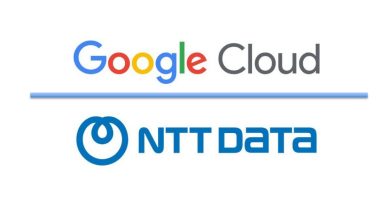
by Andrew Sotiropoulos, Senior Vice President and General Manager for Asia Pacific, NetApp

Data, often hailed as the new oil of the digital era, has become a valuable resource that drives innovation and economic growth. And today, it is rapidly booming in Asia Pacific’s digital-first landscape. According to Statista, the global data sphere is predicted to reach a staggering 180 zettabytes by 2025.
Astonishingly, only 32% of data available to enterprises is put to work; the remaining 68% is not even used, according to IDC.
Data Minimalism: The Way Towards a Greener Future
Data minimalism is emerging as a systematic and effective strategy to tackle inefficient and wasteful data accumulation. By adopting data minimalism as the cornerstone of their data strategy, organizations can cut costs and make significant strides toward meeting their sustainability goals.
Organizations can adopt the following practices to cut data wastage and streamline storage:
-
Comprehensive Visibility: To effectively manage data, organizations must have a comprehensive understanding of the amount, nature and location of their data. Visibility across on-premises and cloud environments is essential.
-
Categorization and Prioritization: Once data visibility is achieved, organizations can categorize and prioritize their data. Distinguishing between necessary and unnecessary data is key to meeting governance and sustainability standards.
-
Cloud Migration and Optimization: Organizations should embrace cloud-based solutions and explore data migration and tiering opportunities. Cloud providers often prioritize energy-efficient infrastructure, offering scalability and flexibility while cutting the carbon footprint of data storage.
-
Data Compression and Deduplication: Organizations should use data compression and deduplication techniques to boost storage efficiency. Removing redundant copies and compressing data can dramatically cut storage needs.
Amid the current economic uncertainty and energy crisis, organizations have an unprecedented opportunity to overhaul their data management strategy and build a greener future. With data minimalism, organizations can continue to build up their digital presence but keep sustainability at the core of their approach.




